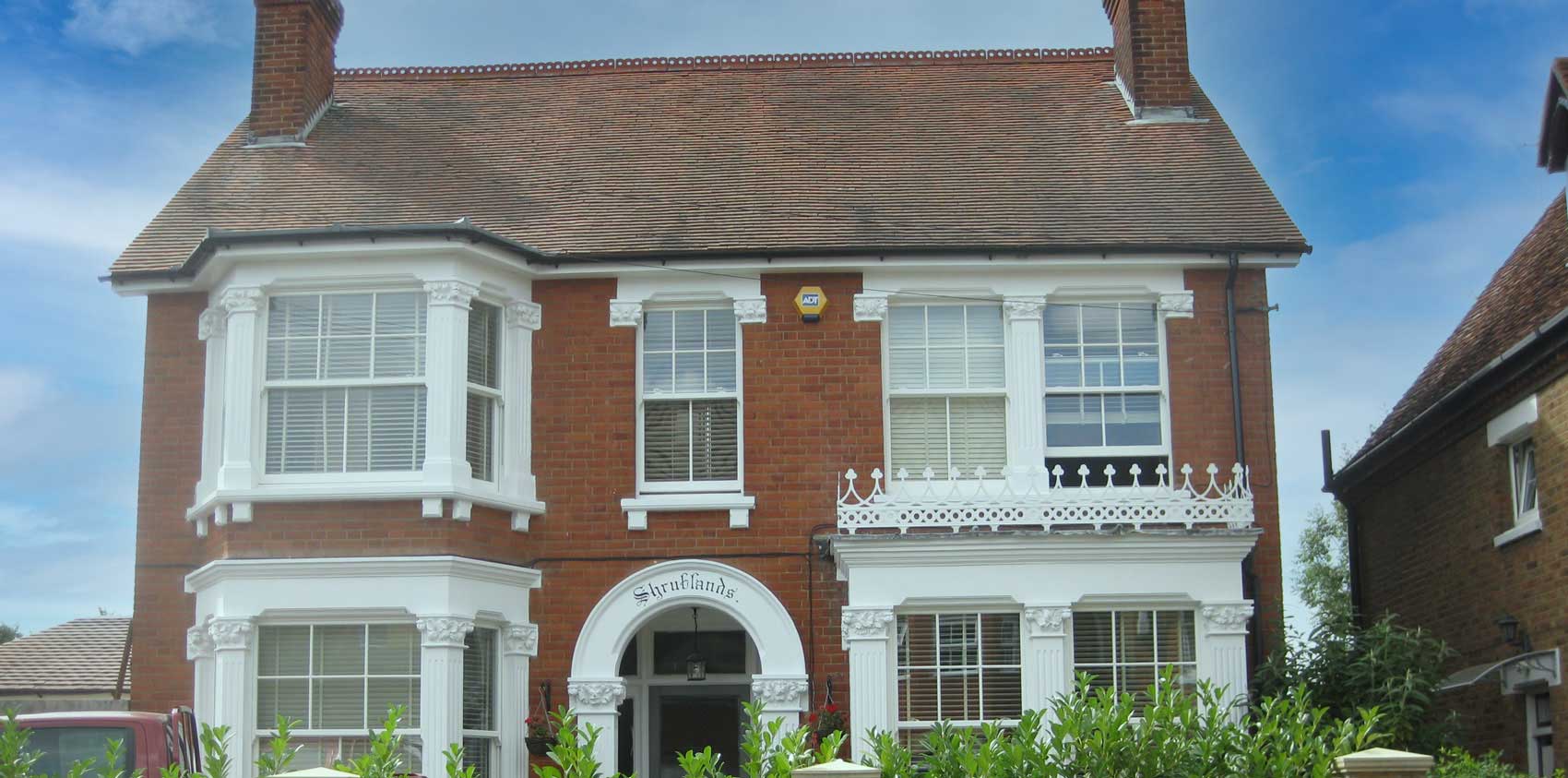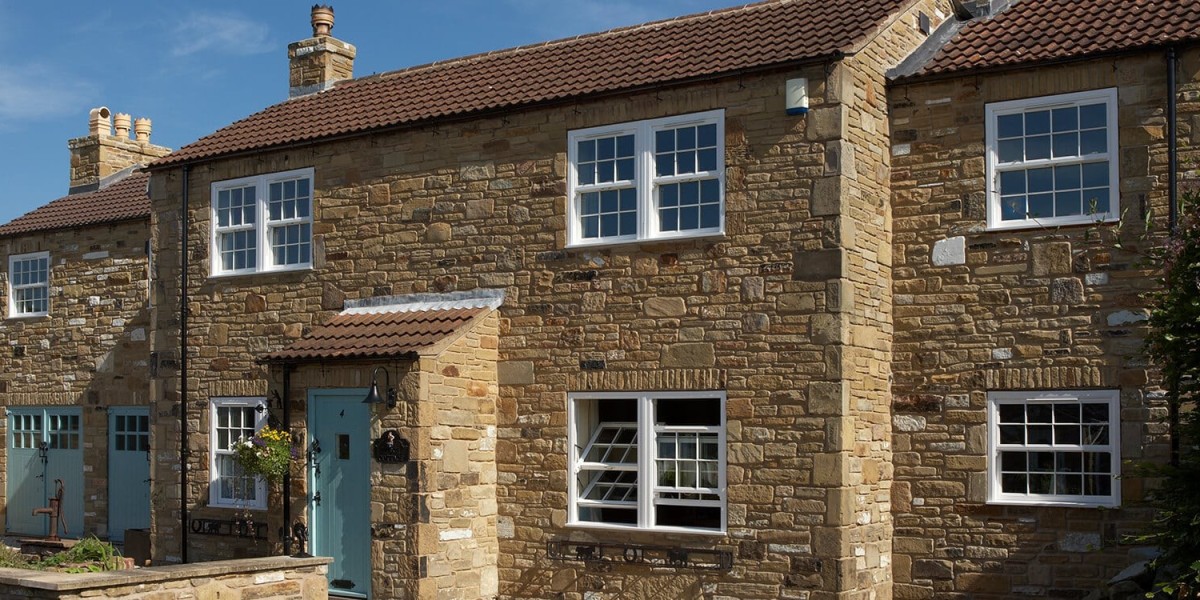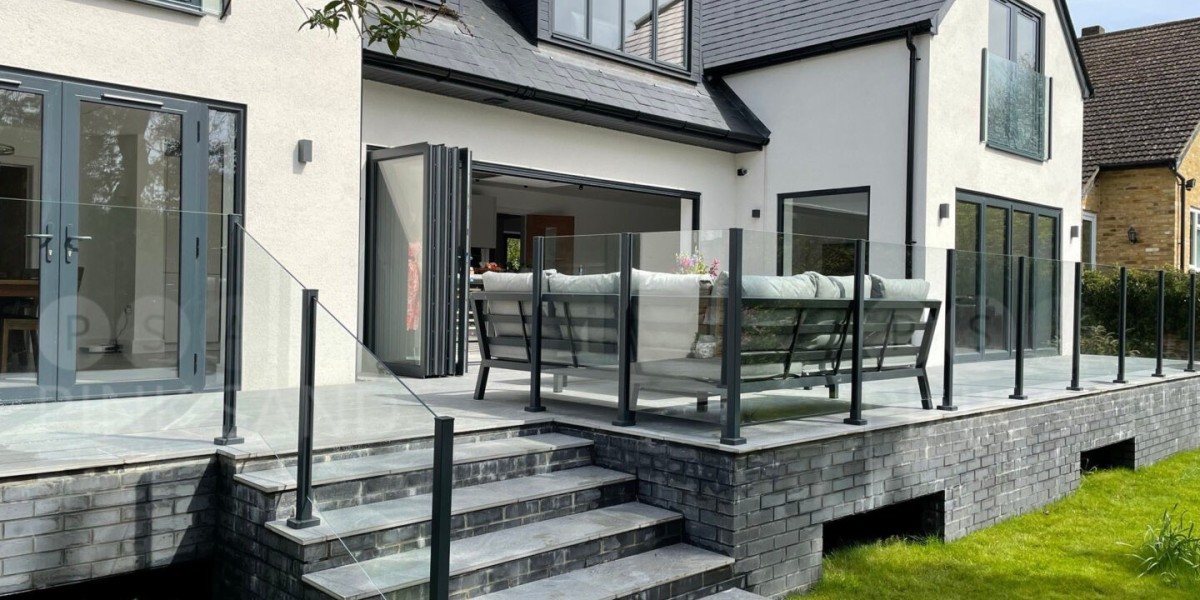
Introduction
Aluminium windows have increasingly become a popular choice in modern architecture, primarily due to their durability, aesthetic appeal, and energy efficiency. With advancements in technology and materials science, aluminium windows now offer a range of benefits that cater to both residential and commercial applications. This article explores the various advantages of aluminium windows, their environmental impact, and the innovations that have emerged in recent years.
Durability and Strength
One of the most significant advantages of aluminium windows is their durability. Aluminium is a robust material that can withstand harsh weather conditions, including heavy rain, snow, and extreme temperatures. Unlike wood, which can warp, crack, or rot over time, aluminium maintains its structural integrity, ensuring a longer lifespan for window frames. Furthermore, aluminium windows are resistant to corrosion, which is particularly beneficial in coastal areas where saltwater exposure can deteriorate other materials.

The strength of aluminium also allows for larger window designs without compromising structural integrity. This capability enables architects to create expansive glass facades that enhance natural light and provide stunning views, making aluminium windows a preferred choice for modern architectural designs.
Aesthetic Versatility
Aluminium windows offer a high degree of aesthetic versatility, making them suitable for various architectural styles, from contemporary to traditional. The material can be easily extruded into different shapes and sizes, allowing for customized designs that meet specific architectural requirements. Additionally, aluminium windows can be powder-coated in a wide range of colors, enabling homeowners and architects to match the window frames with the overall design scheme of a building.
The slim profiles of aluminium frames also maximize the glass area, creating a sleek and modern appearance. This design feature not only enhances the visual appeal of a building but also contributes to improved natural lighting, reducing the need for artificial lighting during the day.
Energy Efficiency
In recent years, energy efficiency has become a critical consideration for homeowners and builders alike. Aluminium windows, when equipped with thermal breaks, can achieve excellent energy performance. A thermal break is an insulating material placed between the inside and outside of the window frame, reducing heat transfer and improving insulation. This innovation allows aluminium windows to meet stringent energy efficiency standards, helping to lower heating and https://mpgawards.co.uk/how-diy-music-producers-can-get-exposure-online-using-youtube-and-instagram/ cooling costs.
Moreover, the integration of double or triple glazing in aluminium windows further enhances their energy efficiency. These multi-pane systems create an insulating barrier that minimizes heat loss in winter and heat gain in summer, contributing to a more comfortable indoor environment. As energy efficiency becomes increasingly vital in building regulations and homeowner preferences, aluminium windows are well-positioned to meet these demands.
Environmental Impact
The environmental impact of building materials is an essential consideration in today's construction industry. Aluminium is a sustainable material that can be recycled indefinitely without losing its properties. The recycling process requires only a fraction of the energy needed to produce new aluminium, making it an environmentally friendly choice. By choosing aluminium windows, homeowners can contribute to reducing waste and lowering their carbon footprint.
Additionally, the longevity of aluminium windows means that they do not need to be replaced as frequently as other materials, further reducing the environmental impact associated with manufacturing, transportation, and disposal. As the construction industry increasingly prioritizes sustainability, aluminium windows align well with green building practices.
Maintenance and Care
Another significant advantage of aluminium windows is their low maintenance requirements. Unlike wooden frames that require regular painting, sealing, or staining to maintain their appearance and performance, aluminium windows only need periodic cleaning with mild soap and water. The powder-coated finish is highly resistant to fading, chipping, and peeling, ensuring that the windows maintain their aesthetic appeal over time.
This low maintenance attribute is particularly appealing to homeowners and property managers, as it reduces the time and costs associated with upkeep. Furthermore, the durability of aluminium frames means that they are less susceptible to damage from pests, such as termites, which can be a concern with wooden windows.
Innovations and Future Trends
The aluminium window industry has seen significant innovations in recent years, driven by advancements in technology and design. One notable trend is the development of smart windows, which integrate technology to enhance energy efficiency and user convenience. These windows can automatically adjust their tint based on sunlight exposure, helping to regulate indoor temperatures and reduce energy consumption.
Another innovation is the use of biophilic design principles, which aim to connect occupants with nature. Aluminium windows are being designed to maximize views and natural light, creating a harmonious indoor environment that promotes well-being. This trend is particularly relevant in urban settings, where access to nature may be limited.
The integration of improved security features is also a growing trend in aluminium window design. Manufacturers are developing advanced locking mechanisms and reinforced frames to enhance the security of homes and commercial buildings. This focus on safety, combined with the aesthetic and energy-efficient benefits of aluminium windows, positions them as a leading choice in the market.
Conclusion
Aluminium windows offer a multitude of advantages that make them an ideal choice for modern architecture. Their durability, aesthetic versatility, energy efficiency, and low maintenance requirements contribute to their growing popularity among homeowners and builders. Furthermore, the sustainability of aluminium and the ongoing innovations in window design ensure that aluminium windows will continue to play a significant role in the future of construction. As the demand for energy-efficient and environmentally friendly building materials increases, aluminium windows stand out as a practical and stylish solution for a wide range of architectural applications.






